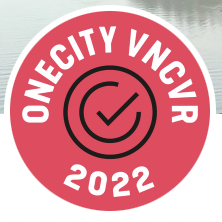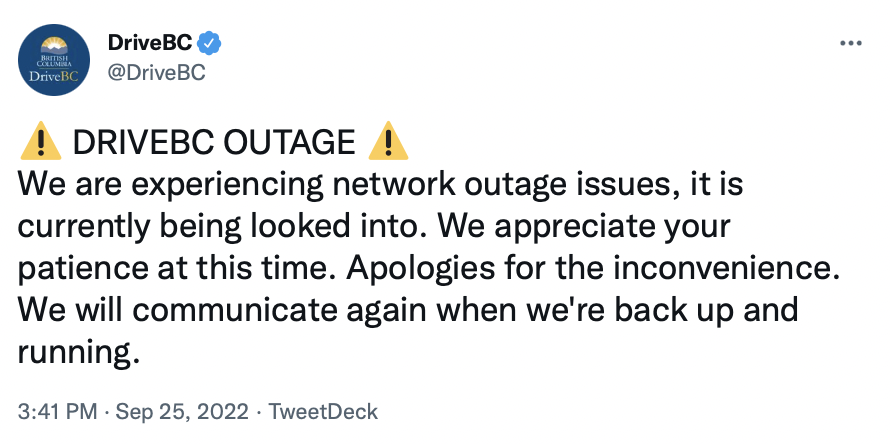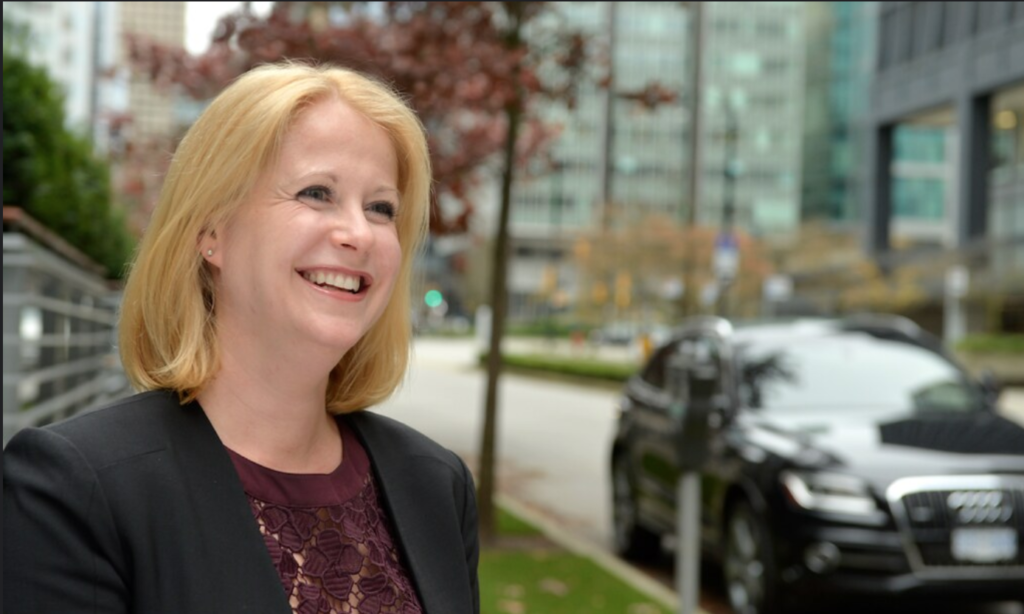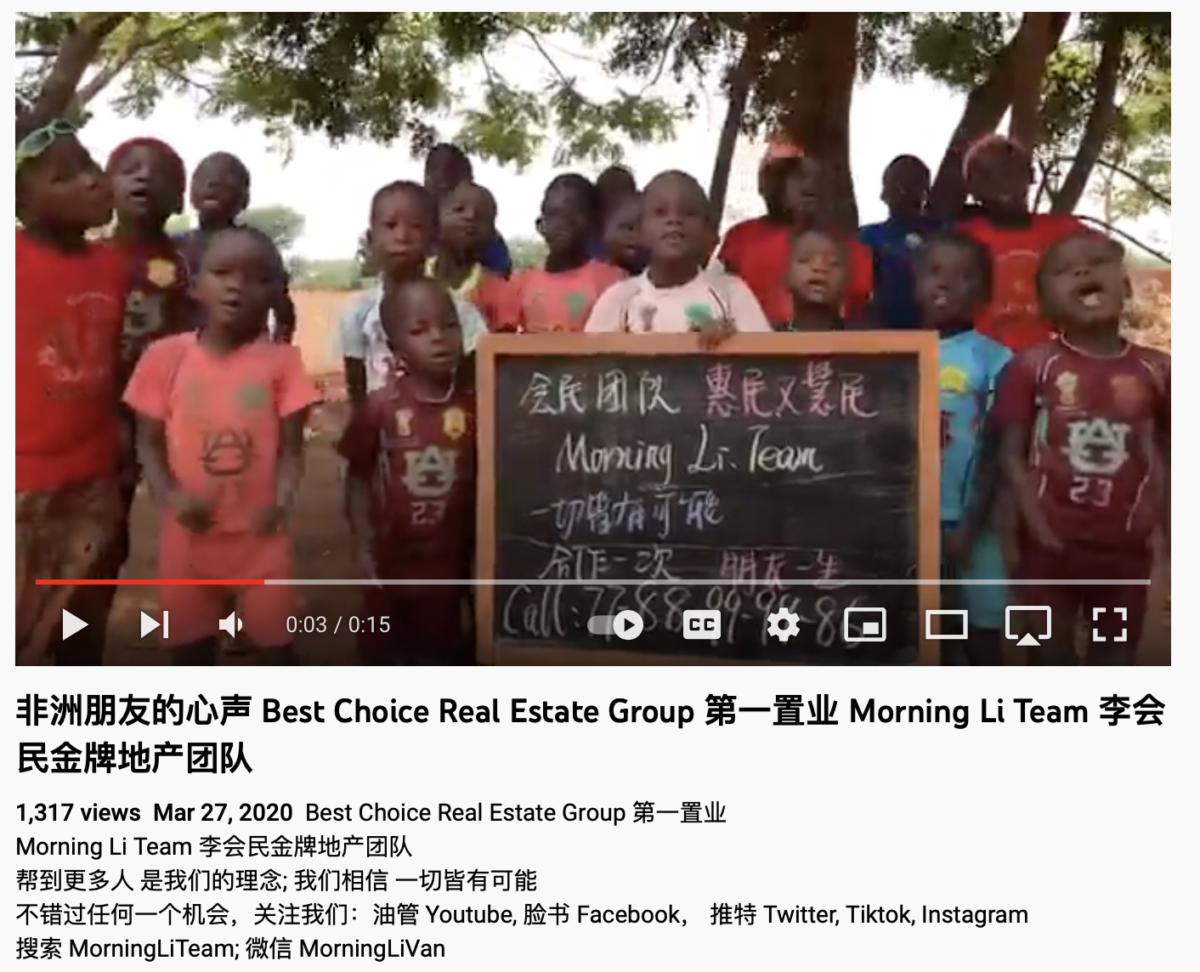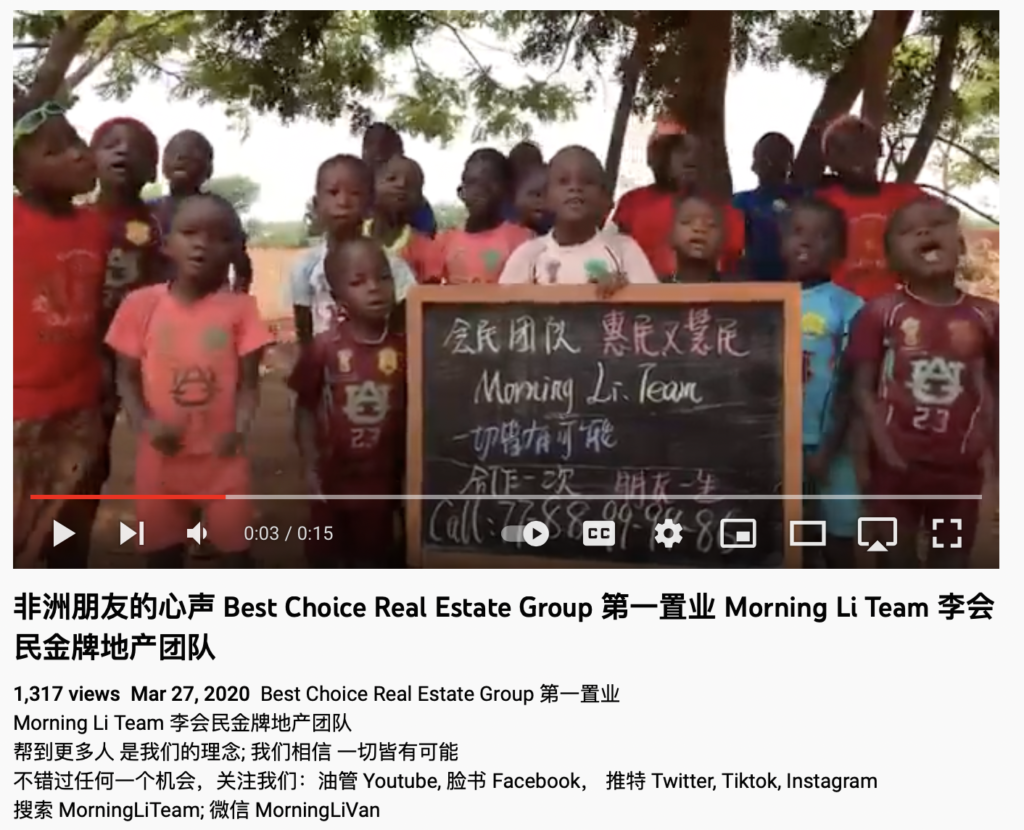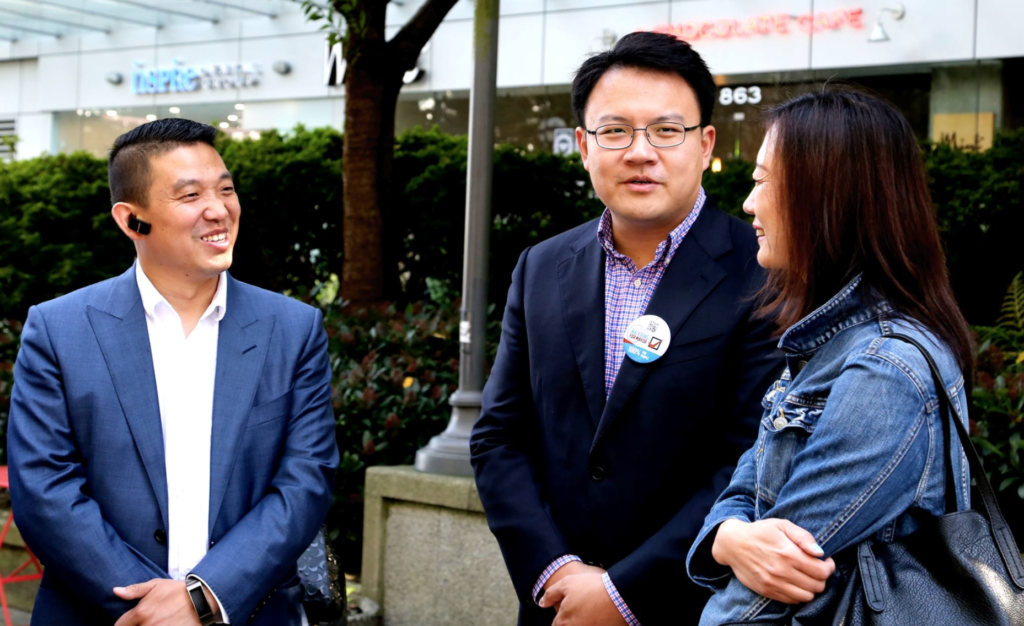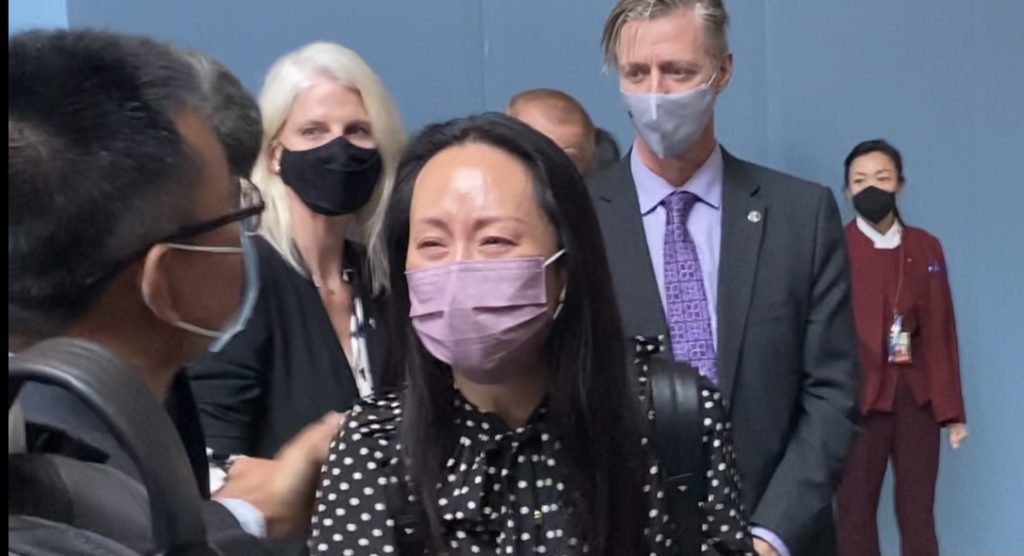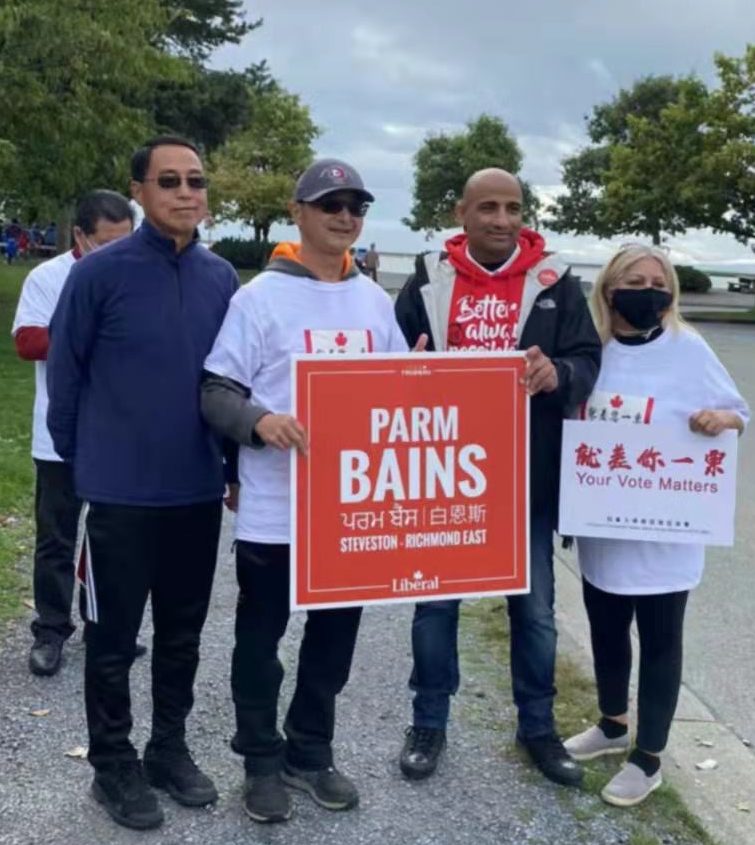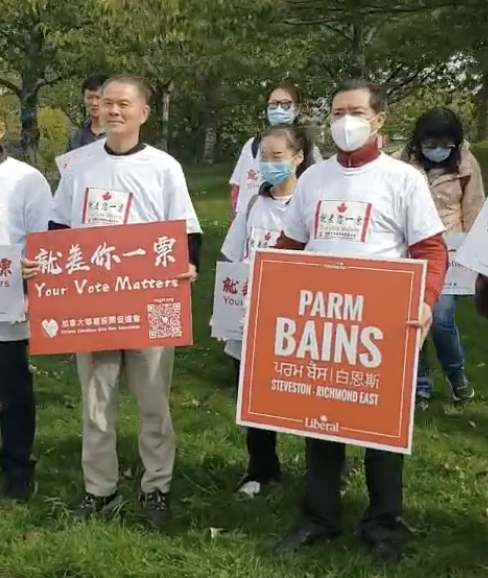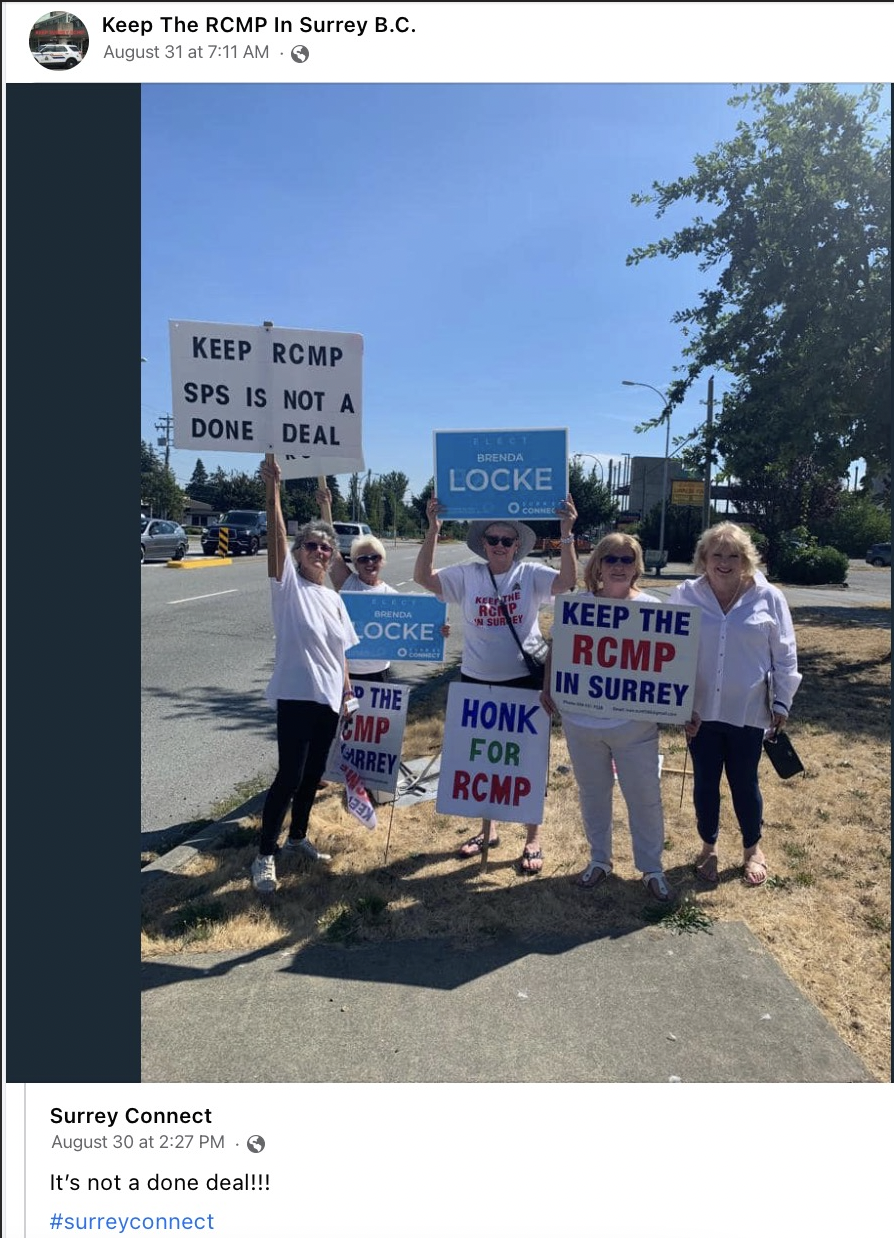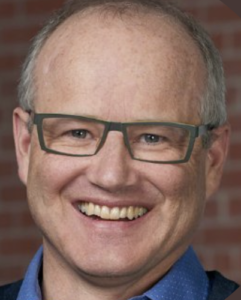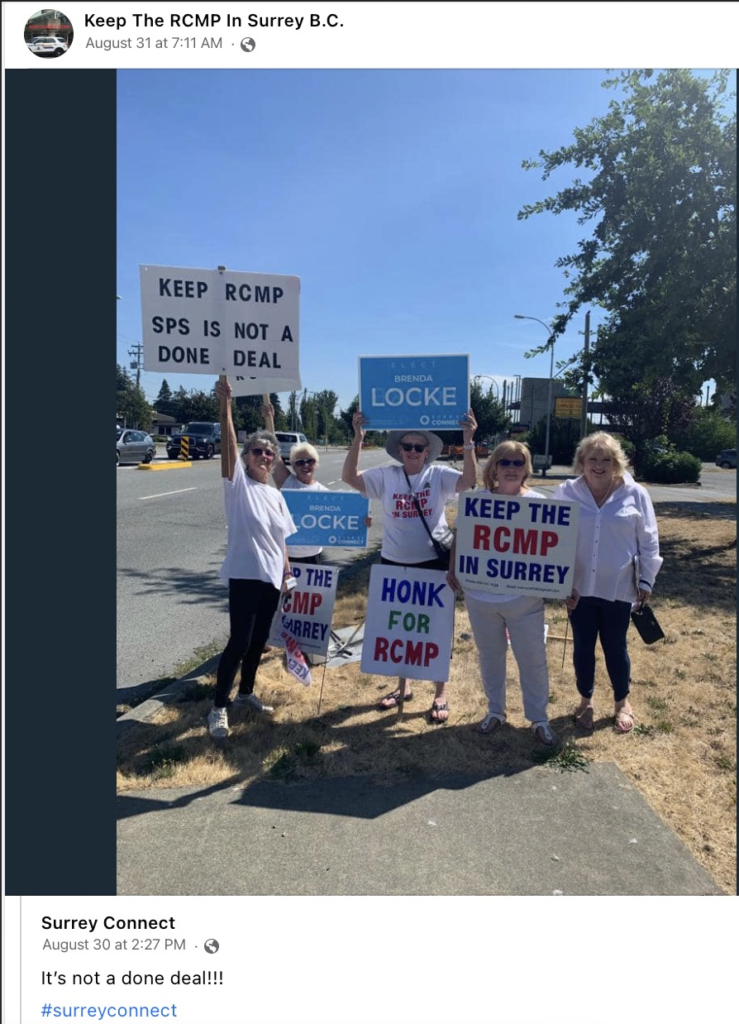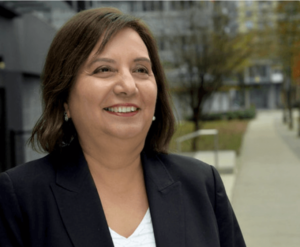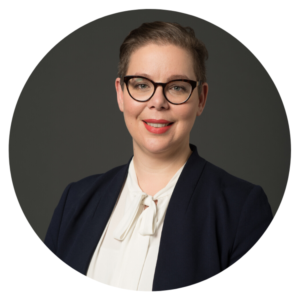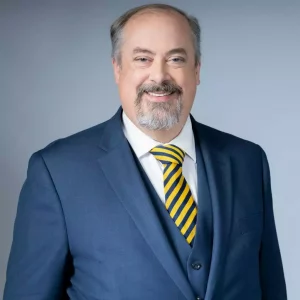OneCity in damage control over leaked chat logs
Bob Mackin
An outspoken advocate for affordable housing calls an apology by a OneCity Vancouver supporter a “non-pology” after a leaked chat log showed party supporters discussing potential dirty tricks against opponents who aren’t on the Oct. 15 ballot.
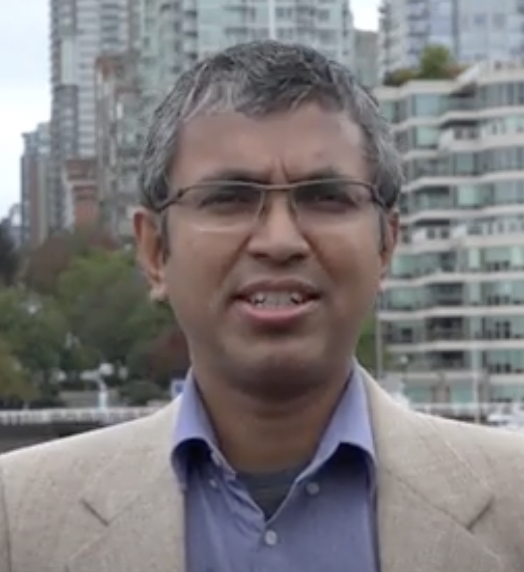
Rohana Rezel (ProVancouver/YouTube)
Rohana Rezel, who ran for city council in 2018 with ProVancouver, published excerpts on his ThinkPol website from online discussions between activists involved with the party behind Coun. Christine Boyle and School Board Trustee Jennifer Reddy.
Several of those named are also associated with Abundant Housing Vancouver (AHV). The group of activists, aligned with the B.C. NDP and federal Liberals, frequently lobbies Vancouver city council to fast-track the replacement of single-family housing with high-density projects.
One of those on the chat, Tim Ell, proposed “we give [Rezel] a taste of his own medicine and openly wonder why he’s associating on Twitter with possible pedophiles.”
Another person, whose identity was redacted on Rezel’s website, suggested “someone should just create anon (account) that spews nonstop racist misogynist stuff and then pin it on Rezel.”
“They tried to destroy my life and they spread some horrendous, malicious rumours about other people,” Rezel said in an interview. “They need to beg everyone involved for an apology. But no one’s taking accountability.”
Neither Boyle, the de facto leader of the party, nor campaign manager Alex McGowan responded for comment.
In a series of Tweets on Tuesday attributed to McGowan, the party said it became aware of private Twitter chat logs including comments from a OneCity door-to-door campaigner.
“OneCity was founded on a commitment to do politics differently. The statements in question are clearly inconsistent with our founding values,” read the party’s Tweets. “We are glad to see that the individual understands that his language was inappropriate and has apologized and committed to do better. Elections are contests of ideas that should be approached in good faith. This is not how we address the crises that are facing our city.”
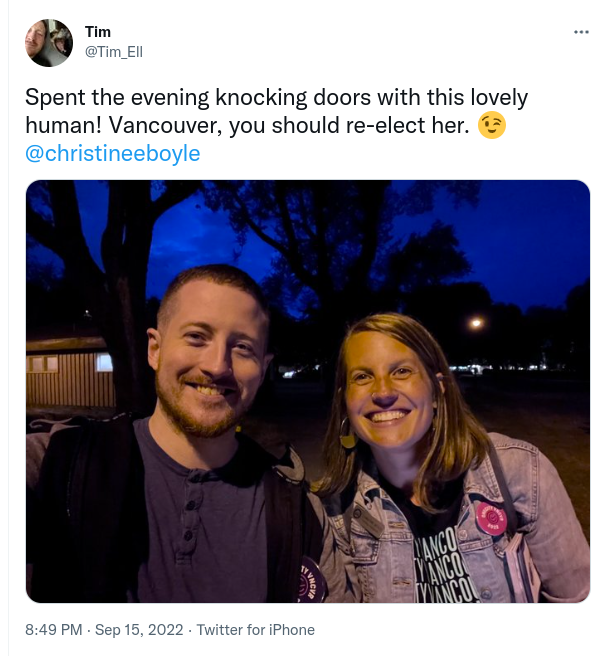
Tim Ell (left) and Christine Boyle (Twitter)
Tim Ell Tweeted an apology, claiming the screenshots were taken “wildly out of context,” but admitted he got caught-up in “toxic, bad faith politics.”
“I have never, and would never, accuse someone of anything without evidence,” wrote Ell, who works as a branch manager at BMO. “Regardless of their political views, no one deserves to be the target of slanders or misinformation.”
Rezel said he had received nothing directly from OneCity or Ell.
“It feels like they tried to downplay the severity of what was discussed, to slander people,” Rezel said.
Nobody from AHV responded for comment. The 2016-founded, pro-development group’s board includes Workers’ Compensation Appeals Tribunal lawyer Danny Oleksiuk. During his appearance at the Seattle-based Sightline Institute’s YIMBYTown 2022 conference, Oleksiuk revealed how AHV had become allied with OneCity by the 2018 election.
He described the party as a “left, left NIMBY kind of thing” during the 2014 election cycle.
“Abundant Housing actually spent a lot of time talking to OneCity people, because we’re like, look, these aren’t really your values if you really think about what you’re doing,” Oleksiuk said on April 12.
“OneCity had a really incredible change of heart” and it replaced some organizers and members along the way with people like Dustin Rivers, aka Khelsilem, now the Squamish Nation’s council chair. Rivers also spoke on the April 12 event and said he had led the development of OneCity’s 2022 campaign platform.
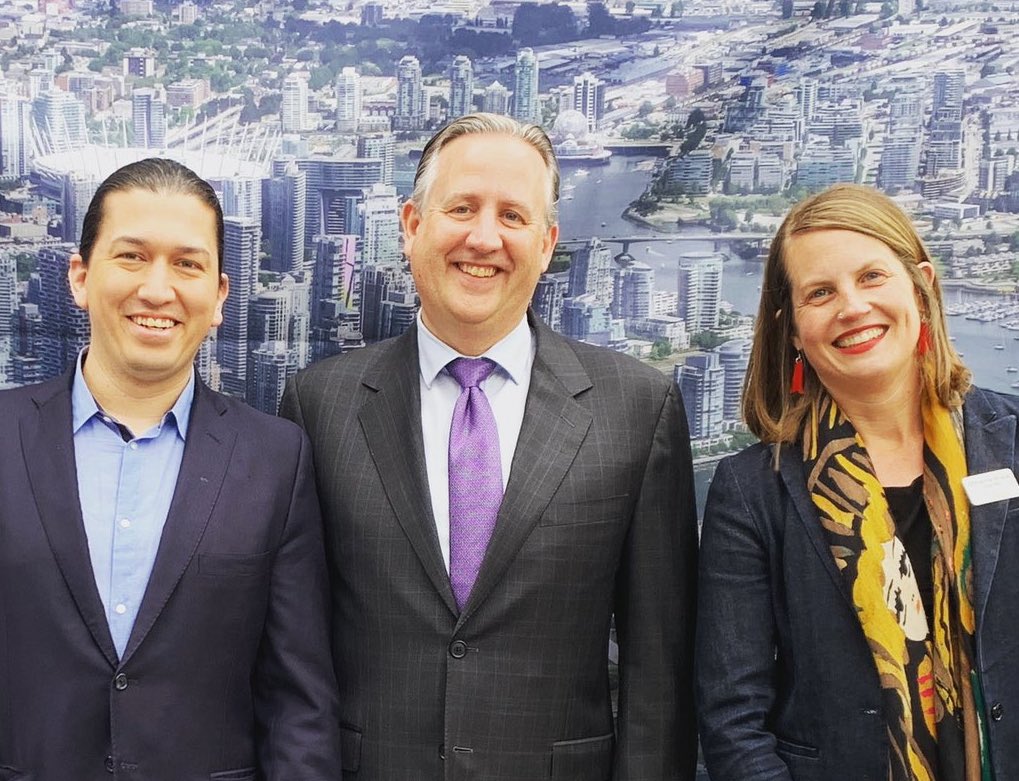
Dustin Rivers (aka Khelsilem), Mayor Kennedy Stewart and Coun. Christine Boyle (Twitter)
Rezel has been a thorn in the side of Vancouver followers of the so-called YIMBY movement, who aggressively lobby for rapid housing deregulation and fast-tracked density to bring down prices, despite evidence to the contrary. For instance, a 2019 study from the Massachusetts Institute of Technology in the Urban Affairs Review found upzoning resulted in Chicago price increases.
Rezel has also exposed abuses by Airbnb operators and professional housing speculators. He originally revealed that Liberal Vancouver-Granville candidate Taleeb Noormohamed had five properties to his name. Noormohamed narrowly won the riding in the 2021 federal election.
Rezel received 6,336 votes in 2018 when he ran unsuccessfully for city council. He decided not to run this time around, despite gaining a higher-profile over the last four years.
“I have a three-year-old and, he’s not going to be three again,” Rezel said. “So I thought he needs me more than the city does.”
Support theBreaker.news for as low as $2 a month on Patreon. Find out how. Click here.
Bob Mackin An outspoken advocate for affordable housing






